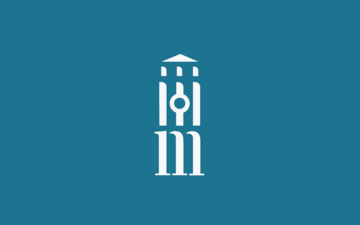Lever Press and Knowledge Unlatched: Two Paths to a Common Goal

The University of Michigan's recent involvement in a study into the implications of moving to a producer-pays model of open access monograph publication highlighted the importance of never making publishing decisions based on an author's ability to pay. Insulating the publication decision from the financial requirements of open access book publishing is the connecting theme between two different and complementary initiatives that Michigan Publishing will be supporting in 2016; Knowledge Unlatched and the Lever Press. The common feature of both is the leadership role libraries are taking to create an equitable and inclusive environment for long-form scholarship.
As described last month, University of Michigan Press is one of two publishers offering a branded collection of ten books in the second round of Knowledge Unlatched. Knowledge Unlatched is an international program in which libraries which would otherwise have procured books only for the benefit of their own patrons pledge money to make those titles available to all. Since the books selected for inclusion are already under contract with established presses, there is no question of financial gamesmanship. The title fees that the presses receive if enough libraries pledge are used to sustain existing monograph publishing programs, being reinvested in future years' books.
Still under development, Lever Press is an initiative of a group of Liberal Arts College (LAC) libraries to create a book publishing house uniquely aligned with the mission and ethos of small, selective colleges. Since funding is provided up front through pledges by the participating institutions, the press can operate on a "platinum open access" model where no author is required to pay for anything. That commitment extends to Lever Press handling the costs of indexing a book and contributing to the payment of third-party permissions fees; two things that are almost always the responsibility of the author in traditional publishing. The distinctive editorial vision of the Lever Press makes it complementary rather than competitive to existing academic publishers, responding to unmet needs perceived by LAC faculty rather than replicating the key functions of a university press. Editorial leadership comes from Amherst College Press, working with an Oversight Committee and Editorial Board from the pledging institutions, and Michigan Publishing is providing publishing services to the program.
What makes both these initiatives special is the central role libraries are playing. It is also notable in both cases that the leadership in supporting open access book publishing appears to be coming to a disproportional extent from smaller colleges where the commitment to a vibrant culture in the humanities and qualitative social sciences remains strong. In many cases these libraries are supporting both Knowledge Unlatched and the Lever Press, seeing in the two initiatives complementary options to support both traditional and emerging forms of scholarly publication. Libraries that are financially able to support both are also choosing to take a "front seat" from which to observe the rapidly changing scholarly communication landscape and shape its future, protecting the interests of the faculty members and students that they serve and extending the global influence of their parent institutions.


